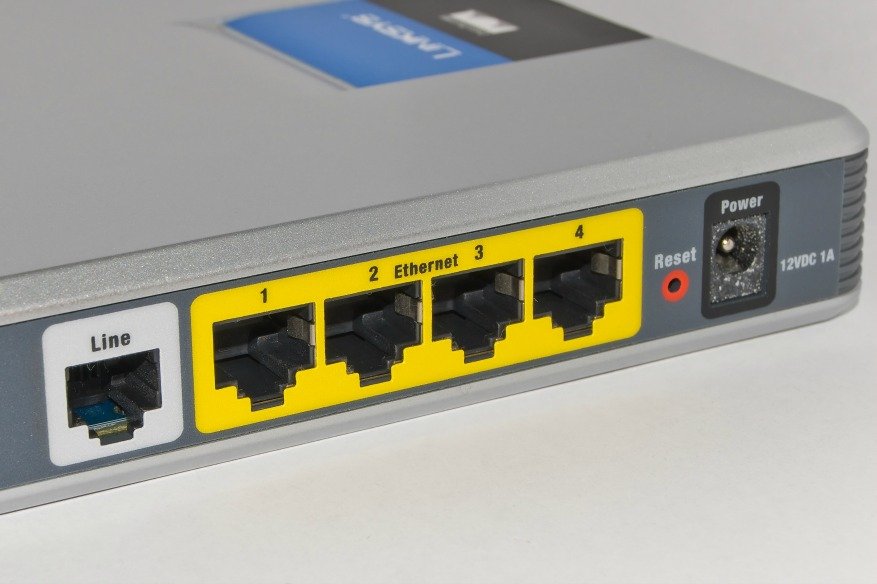How to Protect Your Home Routers From Being Targeted

Today, even state-sponsored cyber criminals are targeting home routers in a bid to gain control over a network and even use them to carry out further attacks. Quite recently, there were alerts being issued about Russian state-sponsored hackers carrying out attacks targeting residential routers in the U.S. Such attacks could help the criminals carry out further attacks; they could harvest usernames-passwords, map internal network of the victim, read gadget configurations, identify other vulnerable devices that the victim owns, modify firmware, impersonate administrators, modify OSs, change configurations, spy on the traffic and redirect it to servers in their control etc. Thus hackers can gain control of your network as well as other devices that you have in your network…
Router hacking via DNS hijacking
DNS hijacking is one of the most popular of router hacking techniques. Hackers would alter a router’s DNS settings and intercept the traffic. This would help them redirect the user to fake versions of legitimate sites and thereby steal login credentials, even for bank accounts. They can also thus get access to the codes used for two-factor authentication. DNS hijacking helps hackers hijack and even redirect all traffic in a network to any site of their choice. Once they take control of the DNS servers of someone’s router, all systems in the network and all gadgets connected to the network are under their control. They can control them and make use of them as well.
Router hacking for DDoS attacks
Router hacking can be used by cyber criminals to carry out DDoS (Distributed Denial of Service) attacks. The hackers can hijack routers, printers, connected smart devices and appliances, IP web cameras etc and use them to carry out attacks.
How To Protect Your Home Router From Cyber Attacks…
Some very basic security strategies, if adopted effectively, can help protect home routers from cyber attacks. Let’s take a look at what all can be done to safeguard home routers from such attacks:
1. Hackers can exploit your firmware, update regularly
Hackers would constantly be on the lookout for firmware flaws that they could exploit to execute hacks. Hence it’s important that you update your router’s firmware regularly. This can be done by going to the router’s admin page and looking for firmware updates under ‘Advanced’ or ‘Management’. Once you find the firmware updates, you just need to download and apply them. Remember, regularly updating the router’s firmware is key to its security.
2. Make it a point to change the default passwords
This is also very important. Upon installing your router, you need to change its default administrator password. It’s to be remembered that hackers who know their job would have access to the default passwords of all prominent brands of routers and hence it won’t be safe to retain the default password. Change it with a strong password.
3. Do check your DNS settings
Misconfigured DNS settings can pave the way for threats and attacks; hence you must check your DNS settings. This you can do by using an online tool. You can also review your DNS servers manually and change them to secure ones.
4. Turn off remote administration for better security
Go to your router’s administrator page and turn off remote administration; this ensures better security. When there is an issue to be fixed, the remote administration does come in handy; but, at the same time, remote administration, if turned on, could leave your system/devices vulnerable to hackers and cyber attacks.
5. Enable your guest network
To protect your critical personal devices, you can put them on a separate network and not on your main one. For this, you need to set up a separate Wi-Fi router or just enable the ‘Guest Network’ option. This feature is there with most routers. Thus, by having a guest network you can let your guests use Wi-Fi connection when they are visiting you, without them gaining access to the shared files and devices within your network. Similarly, having a separate guest network also guards your main devices against certain IoT attacks.